- Silver Lake Elementary School
- Teacher Resources
Lofgren, Taryn
Page Navigation
-
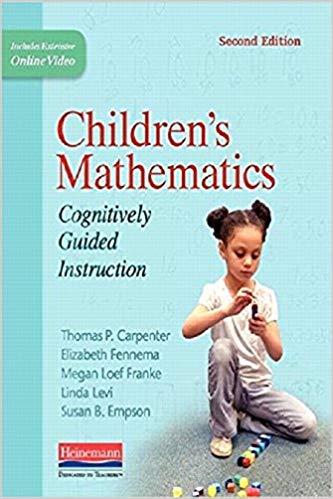
Children's Mathematics: Cognitively Guided Instruction
by Carpenter, Fennema, Franke, Levi and Empson Year Published: 2014The bestselling first edition of Children's Mathematics helped hundreds of thousands of teachers understand children's intuitive mathematical thinking and use that knowledge to help children learn mathematics with understanding. Includes:
- how children solve problems using their intuitive understanding of addition, subtraction, multiplication, and division
- the development of children's mathematical thinking throughout the primary grades
- instructional practices that promote children's active engagement in mathematics
- connections between children's strategies and powerful mathematical concepts
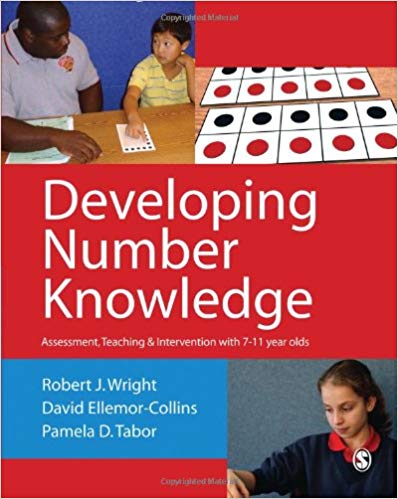
Developing Number Knowledge
by Robert Wright, David Ellemor-Collins and Pamela Tabor Year Published: 2012This fourth book in the Mathematics Recovery series equips teachers with detailed pedagogical knowledge and resources for teaching number to 7 to 11-year olds. Drawing on extensive programs of research, curriculum development, and teacher development, the book offers a coherent, up-to-date approach emphasizing computational fluency and the progressive development of students′ mathematical sophistication. The book is organized in key domains of number instruction, including structuring numbers 1 to 20, knowledge of number words and numerals, conceptual place value, mental computation, written computation methods, fractions, and early algebraic reasoning.
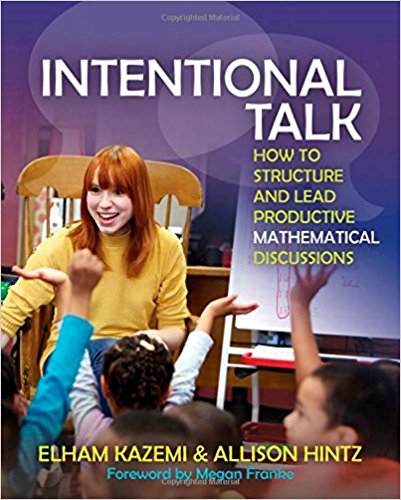
Intentional Talk
by Elham Kazemi and Allison Hintz Year Published: 2014Intentional talk provides the perfect bridge between student engagement and conceptual understanding in mathematical discussions.
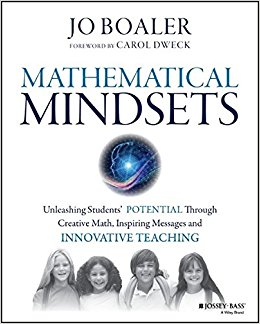
Mathematical Mindsets
by Jo Boaler Year Published: 2016Scores of students hate and fear math, so they end up leaving school without an understanding of basic mathematical concepts. How can we help all children know that they have vast mathematics potential? How can teachers instruct in a way that brings this belief to life?

Mindset Mathematics
by Jo Boaler, Jen Munson and Cathy Williams Year Published: 2018With engaging questions, open-ended tasks, and four-color visuals that will help kids get excited about mathematics, Mindset Mathematics is organized around nine big ideas which emphasize the connections within the Common Core State Standards (CCSS) and can be used with any current curriculum.
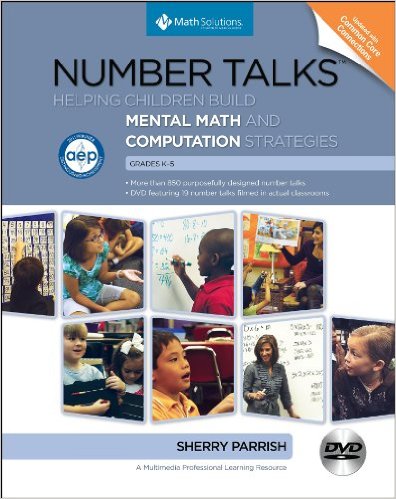
Number Talks
by Sherry Parrish Year Published: 2010This resource was created in response to the requests of teachers-those who want to implement number talks but are unsure of how to begin and those with experience who want more guidance in crafting purposeful problems.
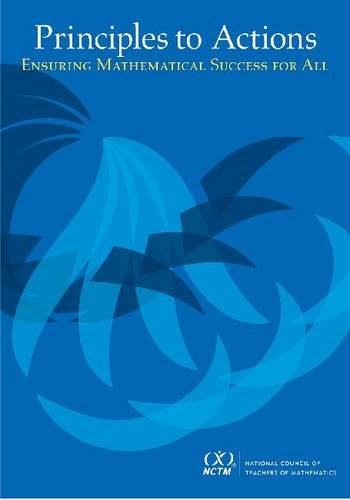
Principles to Actions: Ensuring Mathematical Success for All
by National Council of Teachers of Mathematics Year Published: 2014NCTM continues its tradition of mathematics education leadership by defining and describing the principles and actions that are essential to strengthen mathematics learning and teaching for all students.
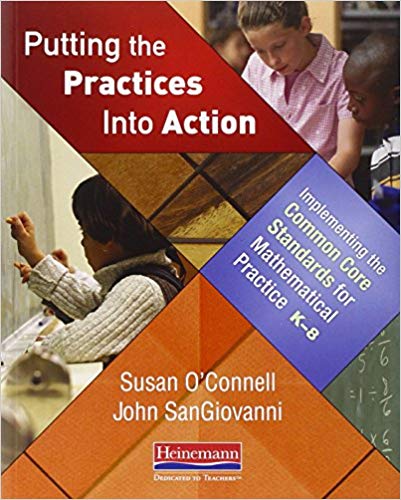
Putting the Practices Into Action
by Susan O'Connell and John SanGiovanni Year Published: 2013This book will be your roadmap to implementing the CCSS Standards for Mathematical Practice. The explanations, examples, activities, and suggestions are intended to guide you to a deepened understanding of the Practice Standards so your classroom is filled with students who reason, apply, and truly understand mathematics.

Routines for Reasoning
by Grace Kelemanik, Amy Lucenta and Susan Janssen Creighton Year Published: 2016Routines can keep your classroom running smoothly. Now imagine having a set of routines focused not on classroom management, but on helping students develop their mathematical thinking skills. Routines for Reasoning provides expert guidance for weaving the Standards for Mathematical Practice into your teaching by harnessing the power of classroom-tested instructional routines. Includes:
- Capturing Quantities: encouraging abstract and quantitative reasoning
- Connecting Representations: noticing and using mathematical structure
- Recognizing Repetition: developing repeated reasoning skills
- Three Reads: starting and sustaining thinking in problem solving situations

The Learning Framework in Number
by Robert Wright and David Ellemor-Collins Year Published: 2018This latest book in the bestselling Mathematics Recovery® series gives mathematics educators a complete research-based framework for assessment, instruction and intervention in whole number arithmetic across grades K to 5. The integrated set of classroom tools includes nine carefully designed schedules of assessment tasks, nine models of learning progressions, and ten teaching maps that guide the instructional progressions across key topics.

